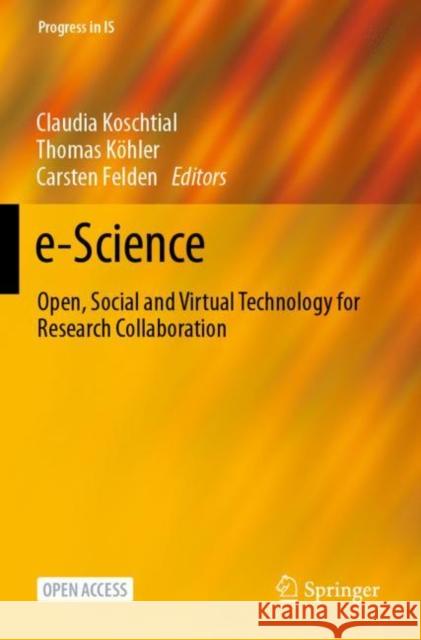E-Science: Open, Social and Virtual Technology for Research Collaboration » książka
topmenu
E-Science: Open, Social and Virtual Technology for Research Collaboration
ISBN-13: 9783030662646 / Angielski / Miękka / 2021 / 185 str.
E-Science: Open, Social and Virtual Technology for Research Collaboration
ISBN-13: 9783030662646 / Angielski / Miękka / 2021 / 185 str.
cena 161,74
(netto: 154,04 VAT: 5%)
Najniższa cena z 30 dni: 154,18
(netto: 154,04 VAT: 5%)
Najniższa cena z 30 dni: 154,18
Termin realizacji zamówienia:
ok. 16-18 dni roboczych.
ok. 16-18 dni roboczych.
Darmowa dostawa!
Kategorie:
Kategorie BISAC:
Wydawca:
Springer
Seria wydawnicza:
Język:
Angielski
ISBN-13:
9783030662646
Rok wydania:
2021
Wydanie:
2021
Numer serii:
000445205
Ilość stron:
185
Waga:
0.28 kg
Wymiary:
23.39 x 15.6 x 1.07
Oprawa:
Miękka
Wolumenów:
01
Dodatkowe informacje:
Wydanie ilustrowane











